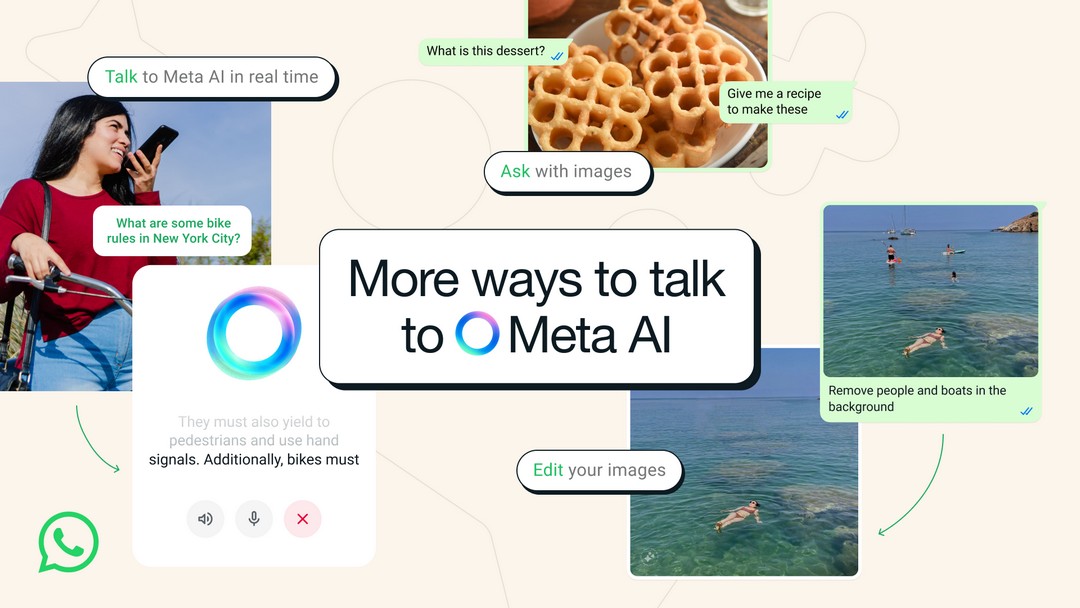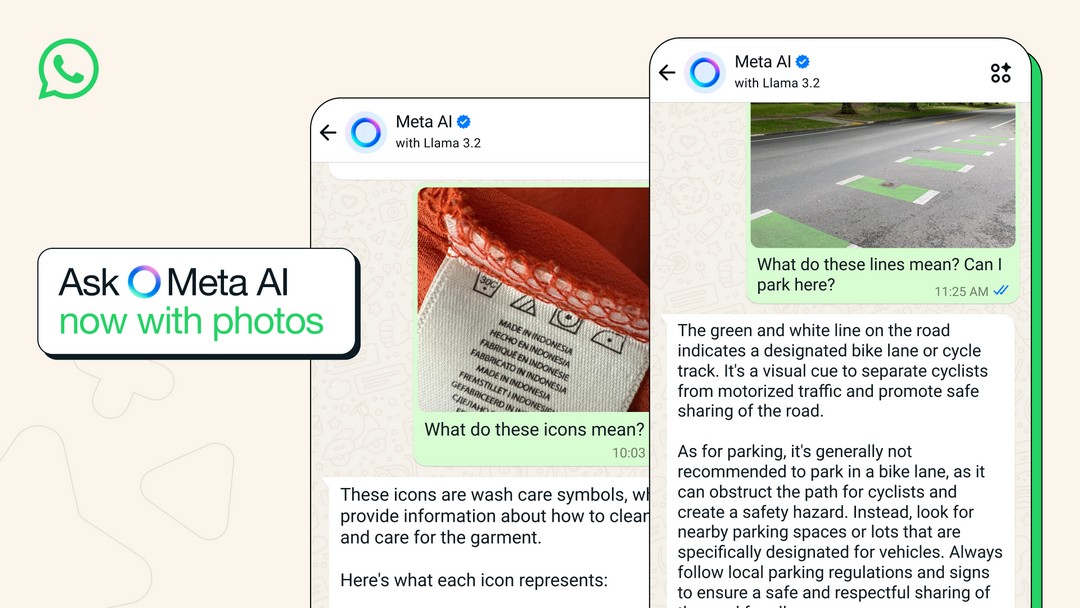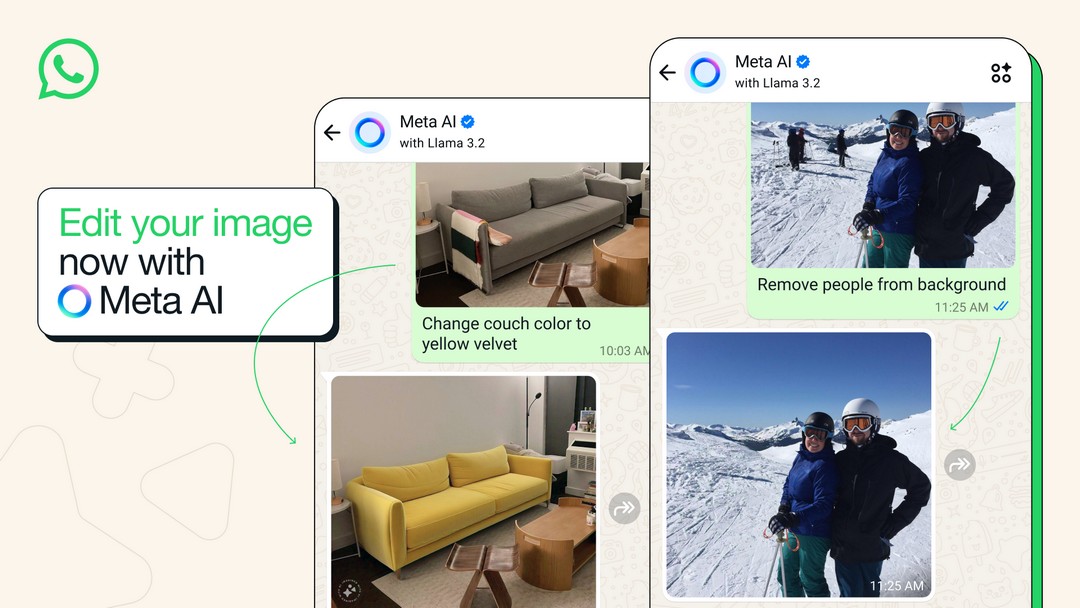
If you’ve always wanted to feel like you’re talking to a celebrity, at least as make-belief, you can soon do that with new Meta AI features out on WhatsApp, Facebook and Instagram.
Users of these messaging and social media apps will be able to type or speak to an AI chatbot, say, to ask for a weather forecast or where the best restaurants are.
And you can choose to have Judi Dench, Awkwafina, John Cena, Keegan-Michael Key and Kristen Bell say the answers aloud to you, like you’re speaking to these Hollywood stars.
Of course, that’s all AI generated but the interactions could make for some funny conversations, depending on how the AI forms the replies in their likeness.
The new voice feature was announced yesterday along with other AI enhancements. More than 400 million people now use Meta AI monthly, with 185 million using it across Meta products each week, according to the company that owns WhatsApp, Facebook and Instagram.

What’s particularly interesting is the integration with WhatsApp, a messaging app used by about three billion people worldwide. All that a user has to do is press on the Meta AI icon and interact with it to get responses.
Arguably, the voice feature will make the most difference here because many WhatsApp users are using the messaging app on the phone. This means a voice conversation is more natural than say, speaking to a PC on other apps or chatbots.
Yes, think of an interaction that’s like Scarlett Johansson’s voice in movie She (incidentally, the actress has sued OpenAI, a rival to Meta, for using her likeness in a chatbot without permission).
For all the novelty of speaking with a celebrity, of course, the question is how long that will keep people interested.
After all, a chat can end up being banal and even “soulless”, if the AI doesn’t respond with the wit and personality of the celebrity.
Right now, the new voice feature does not seem to be rolled out yet for everyone, so you’d have to wait for Meta to progressively get it out in your country.

Other than talking back, the upgraded AI on WhatsApp also behaves like other AI chatbots and assistants now, for example, by recognising a photo you send it and even helping to edit it.
You can ask what the labels on a piece of clothing means by sending the chatbot an image. You can even get Meta AI to remove people in a photo or change the colour of a sofa, if you trust it to do the dirty work of editing your photos.
Clearly, these are fun tools for everyday life and they could be handy for businesses that increasingly depend on WhatsApp to speak to customers.
Unfortunately, with AI, there’s always the spectre of bad actors taking the easily available tools to create fake news and scams to deceive people.
Already, there’s been an uptick of such scams using famous people to grab attention and deceive victims, and more AI tools in the hands of the bad guys will likely help them create more such misinformation.






